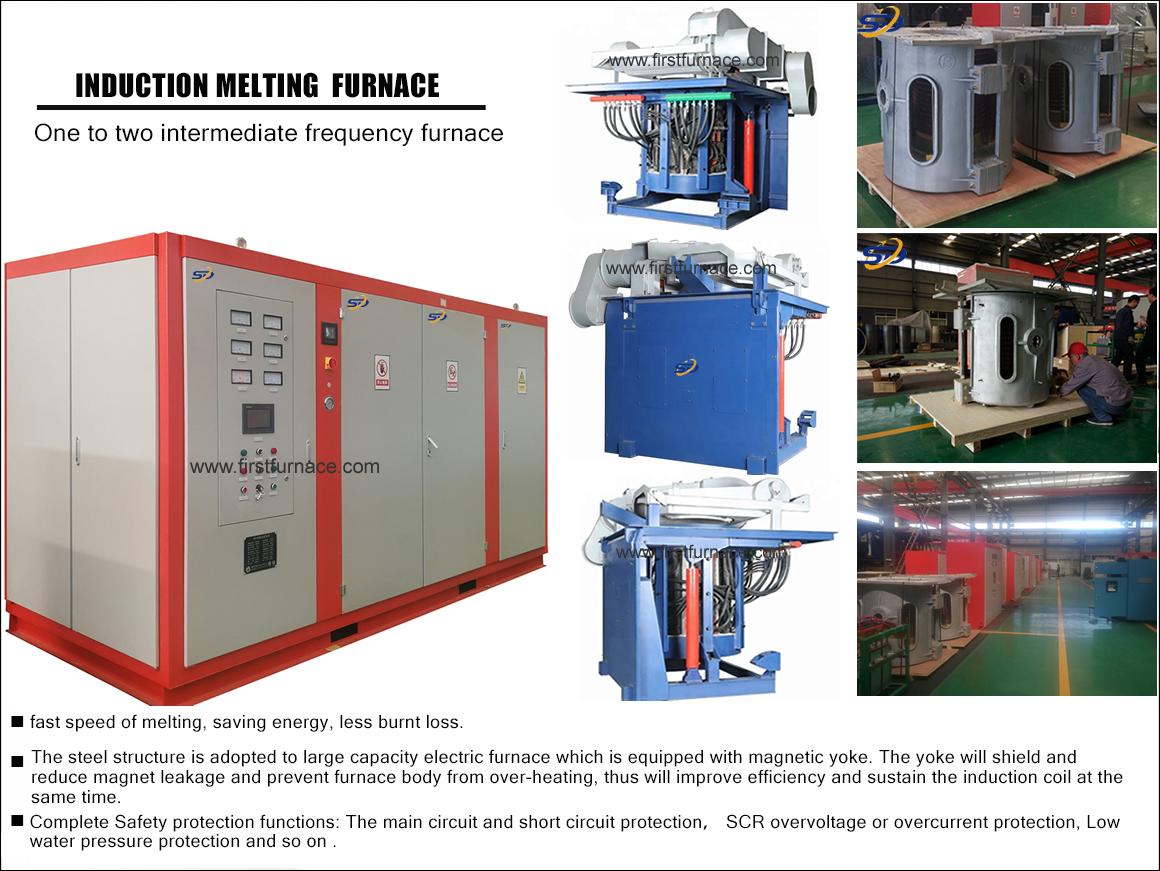Sales hot line ( 24 hours service):+86 13015583380
E-Mail: firstfurnace@gmail.com
whatsapp:+86 13015583380
Adress: Luoxin Industrial Park, Luoyang, HenanLarge diameter steel pipe quen
Piston rod quenching and tempe
Grinding rod quenching and tem
High frequency induction heate
Quenching equipment for machin
Round steel end heating furnac
Steel pipe heat treatment prod
Square steel quenching and tem
Sucker rod quenching and tempe
Thickened petroleum steel pipe
Round steel quenching and temp
Steel pipe quenching and tempe
Steel plate quenching and temp
Induction Hardening Machine&nb
Flywheel ring gear high freque
What are the main faults of the induction melting furnace load circuit? The answer is all here
The load circuit of the induction melting furnace includes (mainly an induction coil), an intermediate frequency compensation capacitor, an intermediate frequency transformer, connecting busbars and flexible water cables, etc. Therefore, the load circuit failure is mainly caused by the loss of the original indicators of the above-mentioned components. When the load circuit fails, the following main phenomena will occur: (1) The induction melting furnace cannot start working; (2) It can start working, but the inverter fails when a certain voltage or current reaches a certain voltage or current, and the protection action stops; (3) It can start, However, irregular inverter subversion occurs; (4) The power supply can work normally but the inverter thyristor is often burned.
(1) The intermediate frequency compensation capacitor is short-circuited. In a parallel inverter, the intermediate frequency compensation capacitor is connected in parallel with the inductor. When the intermediate frequency compensation capacitor is short-circuited, the load circuit will be short-circuited. Therefore, the load circuit cannot oscillate and the induction melting furnace cannot work. In order to find out the short-circuit capacitors, the release test method can be used, that is, two or three intermediate frequency compensators are disconnected each time, and the test is started. After the intermediate frequency can start normally, it indicates that there is a breakdown and short-circuit in the group of intermediate frequency capacitors that have been taken off. . At this time, the 10kQ file of a multimeter can be used to measure the two ends of the capacitor. The resistance of the short-circuit capacitor is zero and the voltage cannot be charged; the normal capacitor is zero when the multimeter is measured, and then the pointer gradually moves to the high resistance end. Generally, the resistance exceeds 500k. The capacitor is normal.
(2) The withstand voltage of the intermediate frequency compensation capacitor is reduced. At present, the induction melting furnace adopts the main model of intermediate frequency compensation capacitors RWF0. 75-180-1 or RWF0. 75-360-1, etc., and their withstand voltage is intermediate frequency voltage 750V. When the withstand voltage of the intermediate frequency capacitor decreases, the induction melting furnace works in The inverter fails after a certain fixed intermediate frequency voltage. The troubleshooting method can be the same as the first point. Generally, the withstand voltage of capacitors with a resistance value of less than 500kQ has been reduced.
(3) The intermediate frequency compensation capacitor is open. When the intermediate frequency compensation capacitor is open, it will not have much effect on the normal operation of the induction melting furnace, but the frequency of the power supply is higher than normal. At this time, just add a few new intermediate frequency compensation capacitors on the tank road until the frequency reaches the normal value. .
(4) Short circuit between turns of the inductor. When the inductor turns into a severe short circuit, the induction melting furnace cannot start working. If the inductor has two turns colliding, the induction melting furnace may start at this time, but the frequency is higher, the current is larger, and the power is slightly increased, which will cause the inverter to fail; another phenomenon is that the inductor is loose. There is no abnormality in the power supply, but when the power increases, the electromagnetic force increases due to the increase of the electromagnetic force and the inductor turns to attract each other, or the vibration during feeding, etc. will cause instantaneous short circuit between the turns. At this time, due to the sudden change of the operating parameters, the induction The melting furnace sounds abnormal. The cause of the above-mentioned faults is generally caused by the severe burning of the insulator between the turns of the inductor due to the disconnection of water during the operation of the inductor. It is not difficult to find these faults by checking carefully before normal work. If it is difficult to distinguish, it can be replaced by a good sensor to determine whether the above faults exist or not.
(5) The charge passes through the Tan Yin and is short-circuited with the copper tube of the inductor. This situation is equivalent to a short circuit on the secondary side of the transformer, which is also equivalent to a short circuit in the inductor, which makes the induction melting furnace unable to start working.
(6) The core of the water-passing cable is broken. When the molten steel is poured in the melting furnace, the water-passing flexible cable tilts together with the melting furnace and often twists and turns. Especially the connection head and flexible cable connection with the melting furnace are brazed and welded, so it is easy to break at the welding joint. The fracture process of multi-strand flexible cables is usually to break most of them first, and then quickly burn the unbroken small part during high-power operation. At this time, the induction melting furnace will generate a high voltage, such as when the overvoltage protection is unreliable. , It will damage the inverter thyristor. After the soft water supply cable is disconnected, the induction melting furnace cannot start working. If the cause is not checked, other electrical components will be damaged when restarted repeatedly. To check whether the water-cooled cable is broken or not, first disconnect the flexible cable from the output copper bar of the intermediate frequency compensation capacitor. When measuring, turn the furnace to the dumping position to lift the cable so that the disconnected core wire is completely separated from the connector. Use a multimeter to measure Rxl. When it is constant, R is zero, and when it is disconnected, R is infinite. Only in this way can the broken core fault be correctly judged.
(7) The connecting bolts between the intermediate frequency compensation capacitor and the output bus bar, bus bar and bus bar, bus bar and flexible cable are loose. Due to the large current flowing through the busbar and the higher temperature of the busbar during operation, it is easy to cause the connection bolts to loosen. After the loosening, the contact resistance increases and the temperature at the connection point increases. Excessive temperature due to loosening will cause the surface of the busbar connection to oxidize, causing poor contact and sparking. Often the inverter fails due to ignition interference. Therefore, all the connecting bolts on the busbar of the induction melting furnace should be checked and tightened frequently to avoid poor contact and open circuit failure.
(8) The short-circuit of the furnace inductor and the intermediate frequency compensation capacitor to ground is the same as the short-circuit of the main circuit to ground, which will often cause serious failures of burning the thyristor. Therefore, when a thyristor failure is found to be burnt out, in addition to the key inspection of the protection system, you should also check whether there is a short circuit or poor insulation between the induction coil to the ground or the case of the intermediate frequency compensation capacitor to the ground. Generally, use the multimeter Rxlk file to check the resistance of the inductor and the compensation capacitor shell to the ground. The resistance should be about 10kQ. The insulation resistance of the newly built Zengyin is low due to humidity, but it should not be less than 5kQ. It is difficult to judge the insulation degradation due to the low battery voltage of the multimeter. It can be checked with a 500 ~ 2500V megohmmeter.
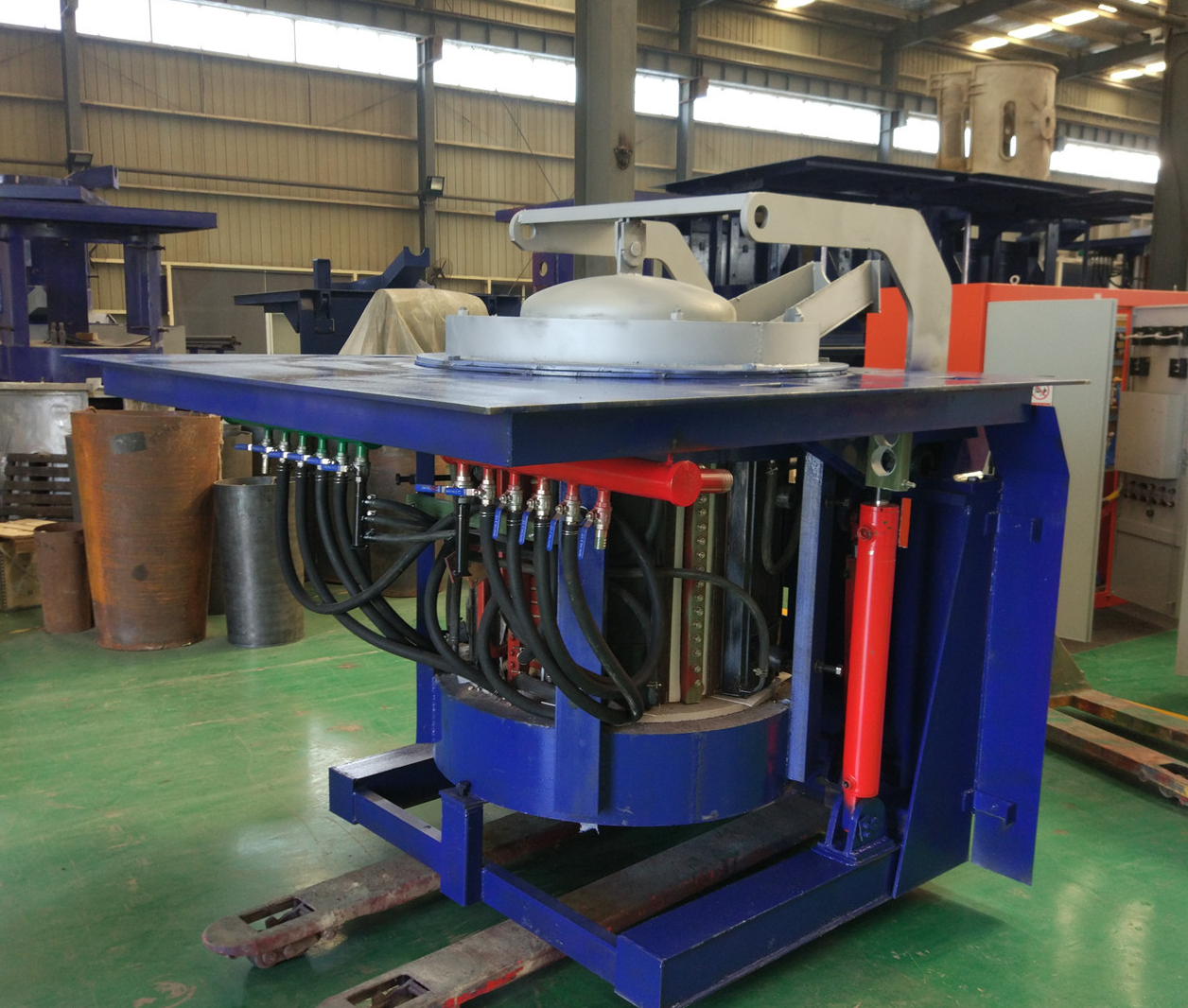
Iron induction furnace
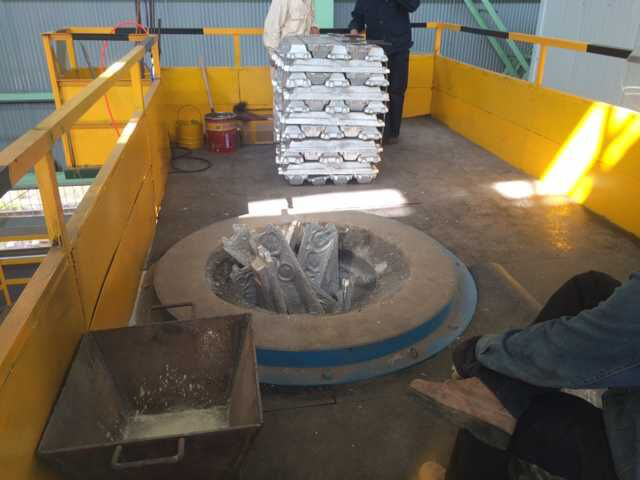
Aluminum melting furnace
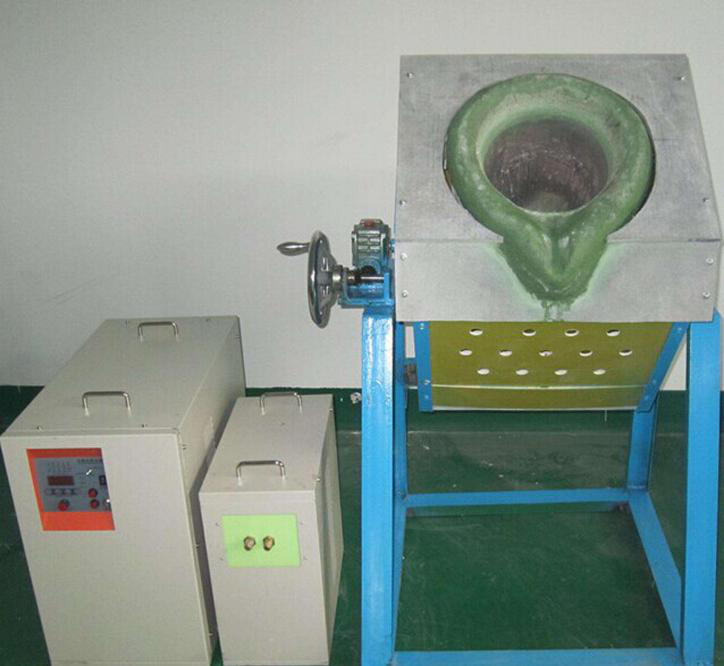
Copper melting furnace
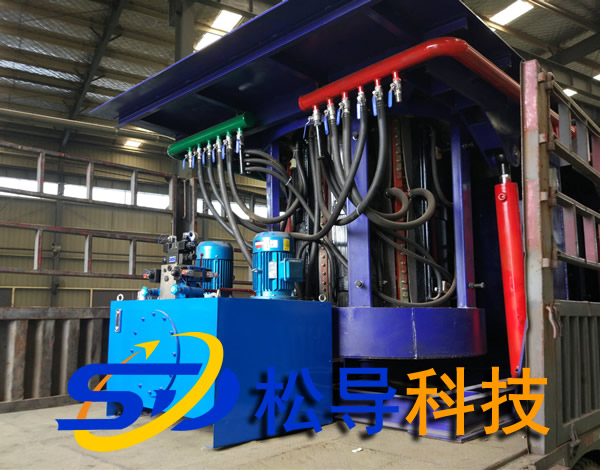
Small steel melting furnace
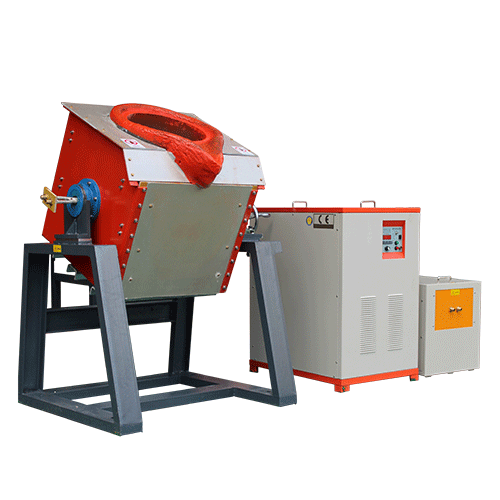
Small induction melting furnace
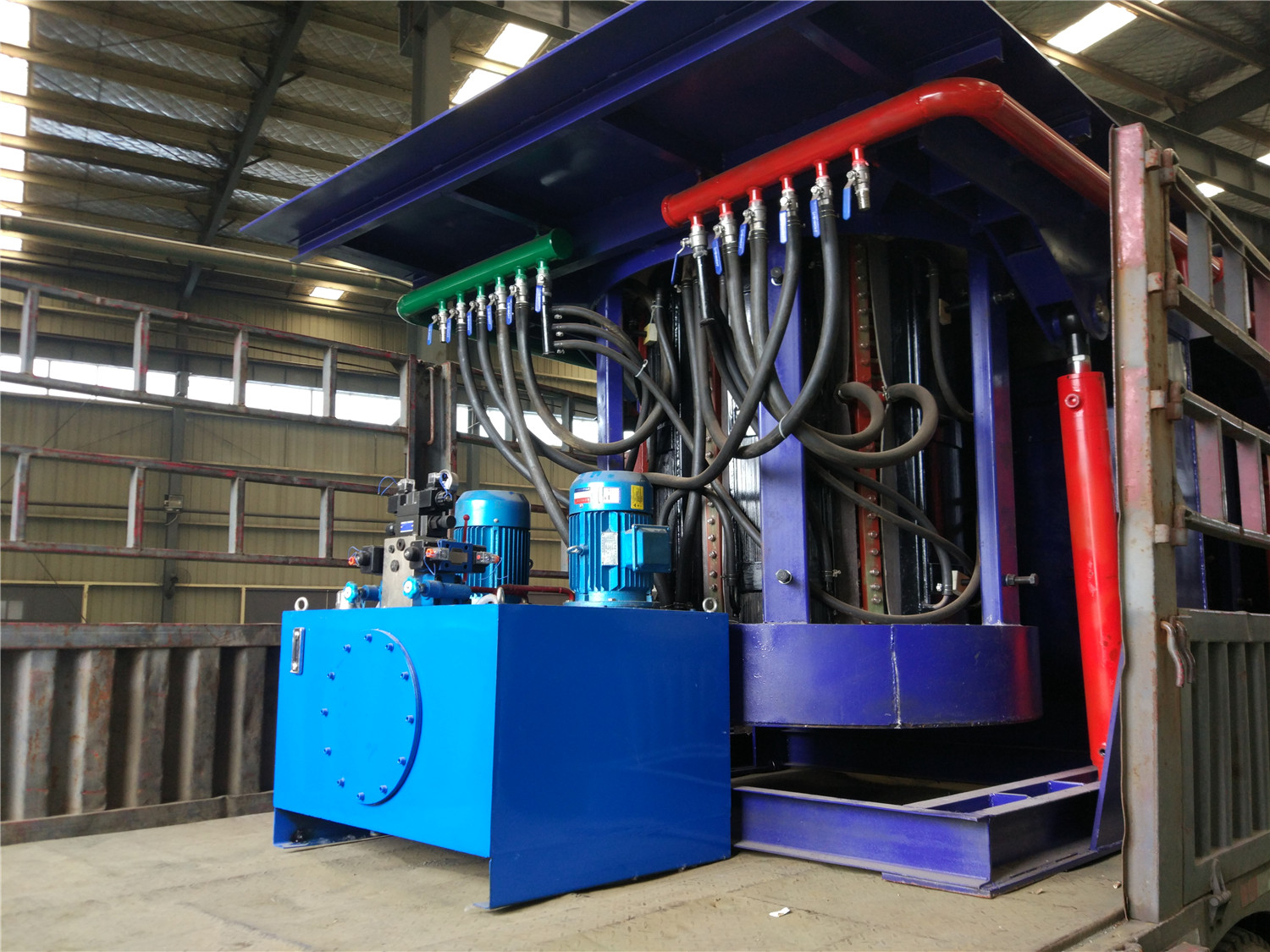
Induction iron furnace
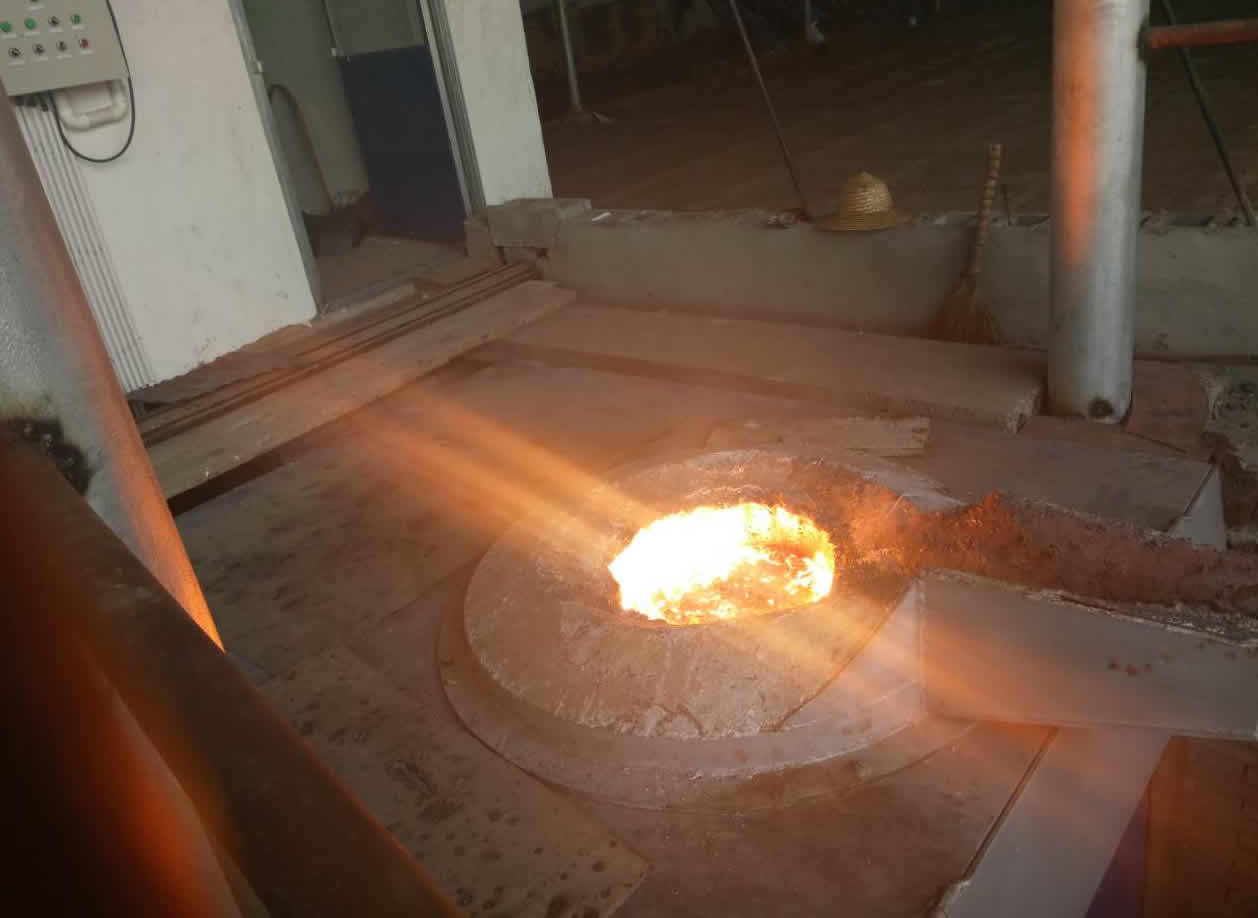
3T intermediate frequency iron melting f
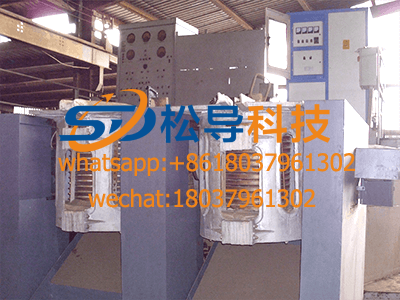
0.25T Intermediate Frequency Furnace
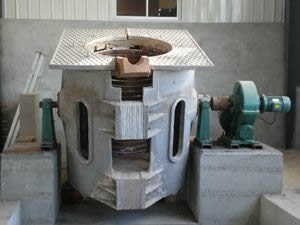
0.5T Intermediate Frequency Furnace
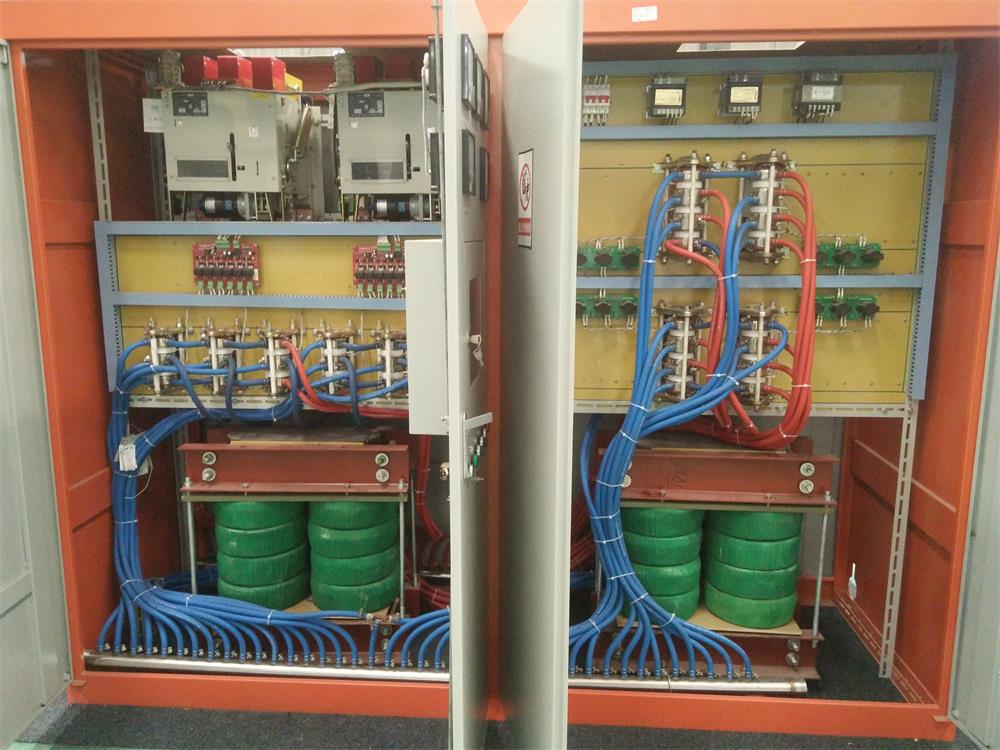
Medium Frequency Furnace

2T Induction Melting Furnace
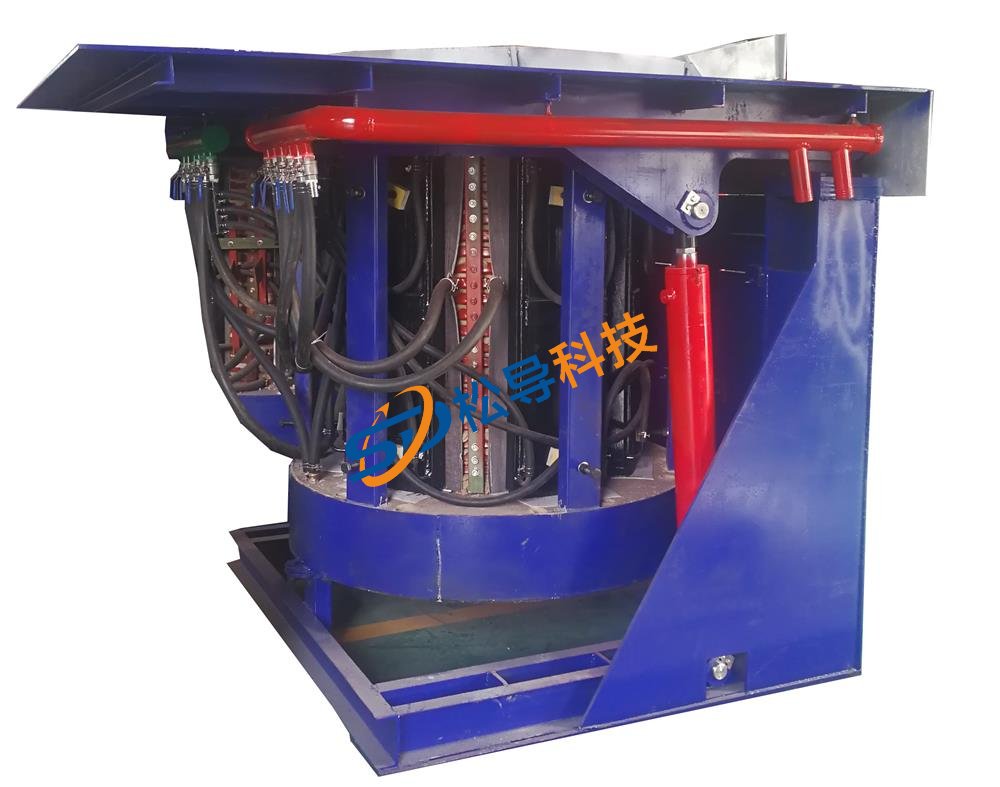
1T Induction Melting Furnace
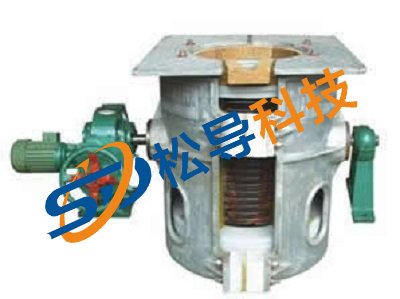
500kg Induction Melting Furnace
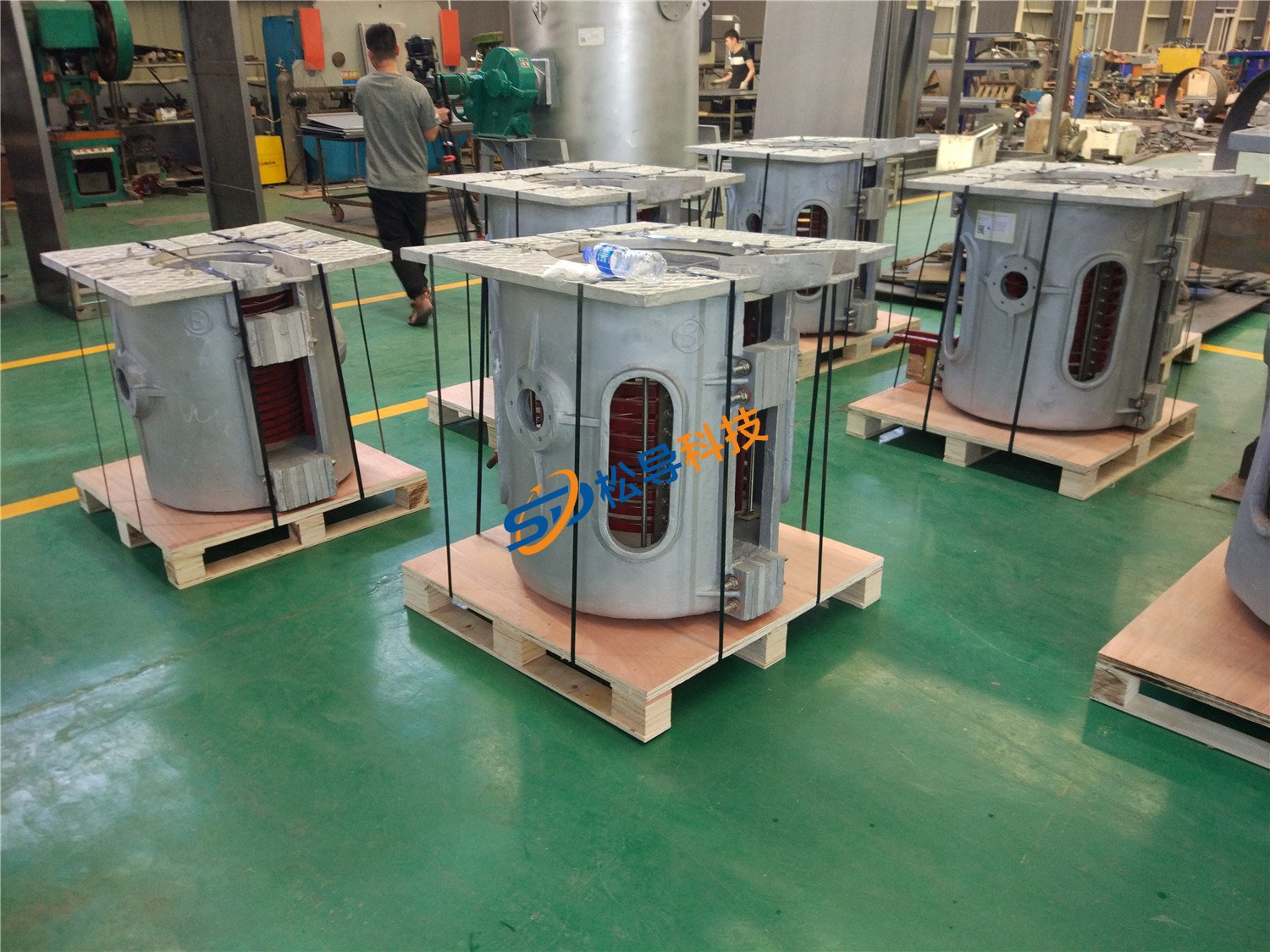
250kg Induction Melting Furnace
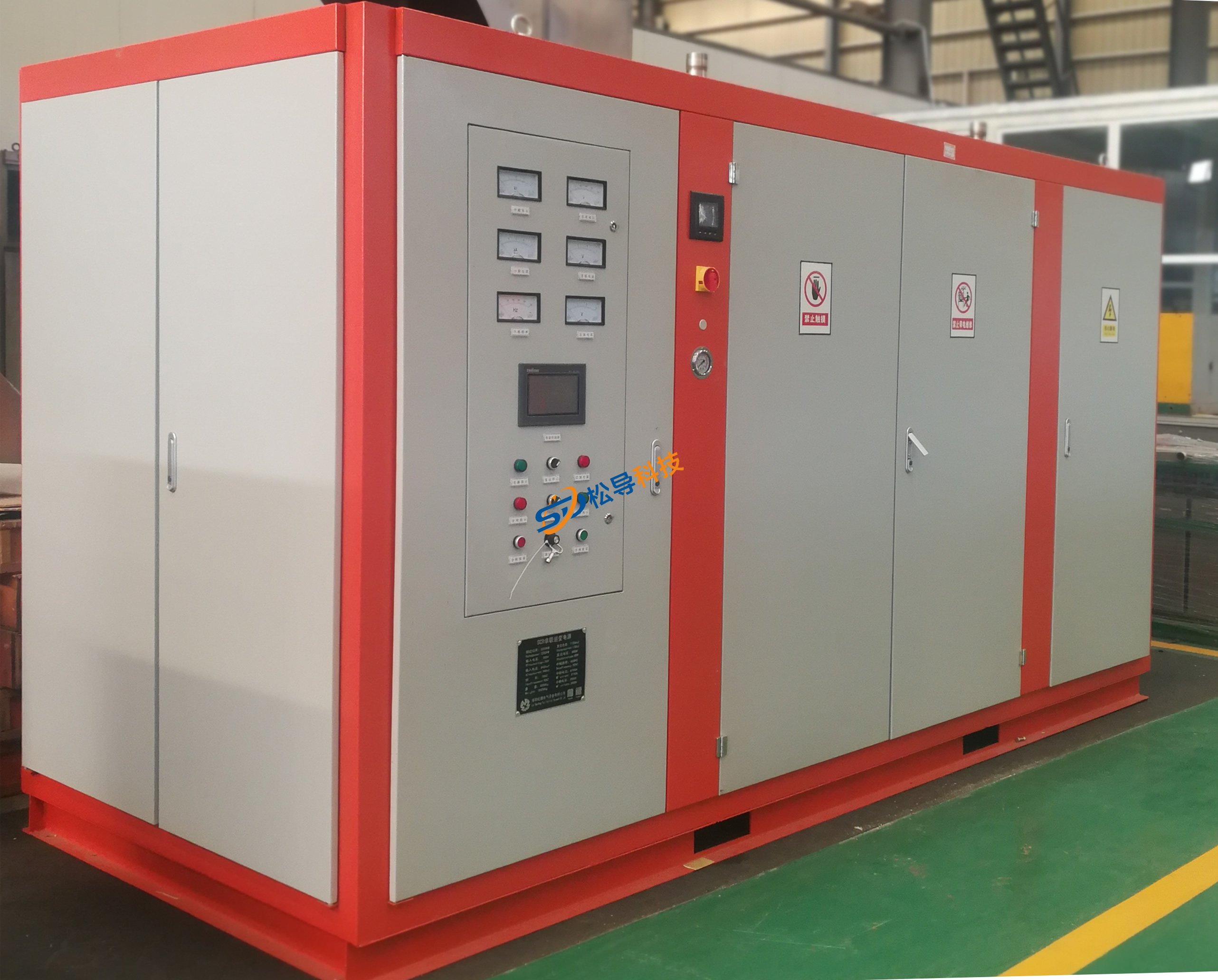
Induction Melting Furnace
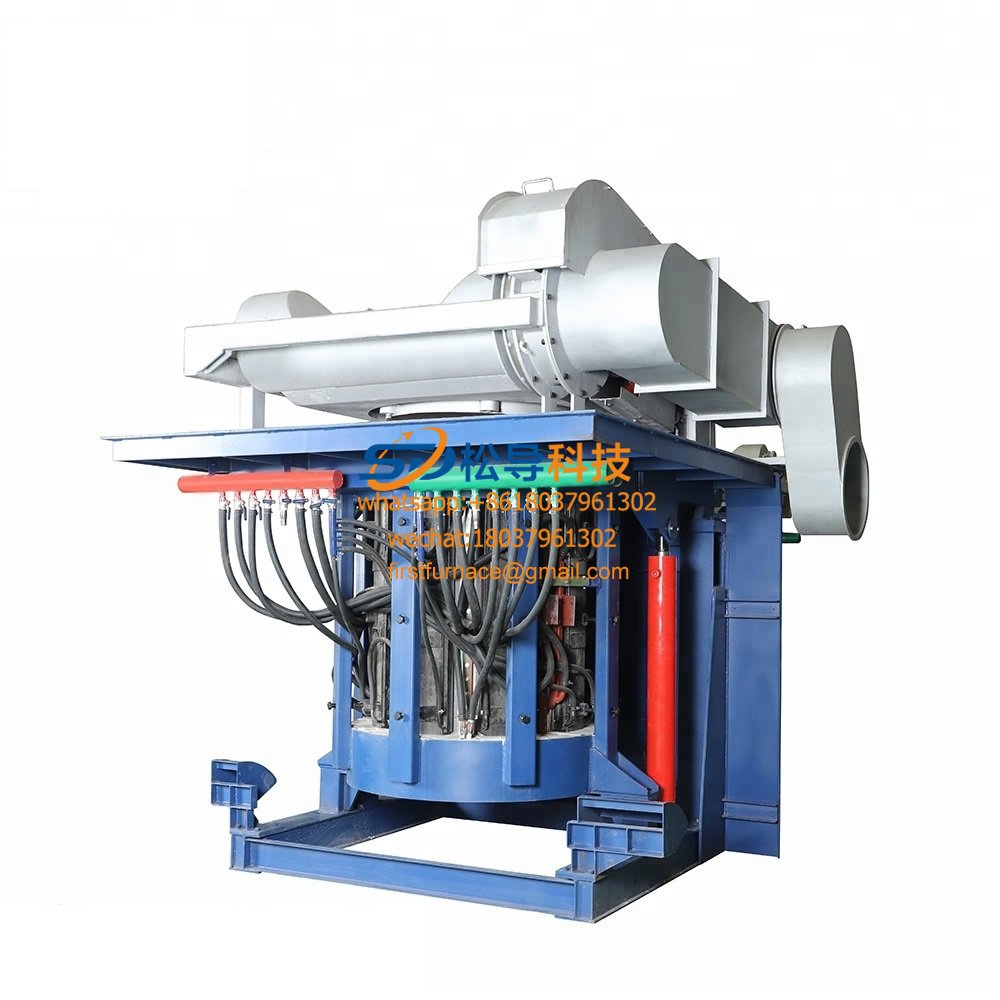
3 T Induction Melting Furnace
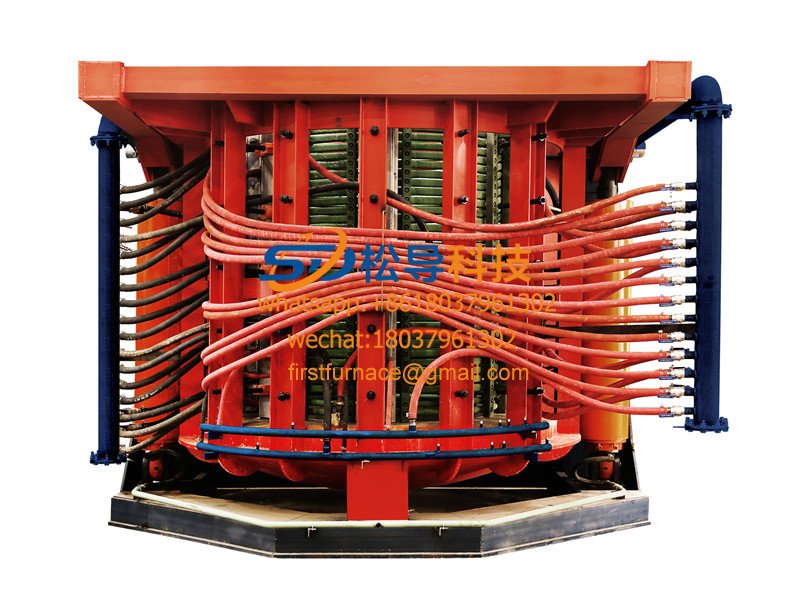
5T Induction Melting Furnace
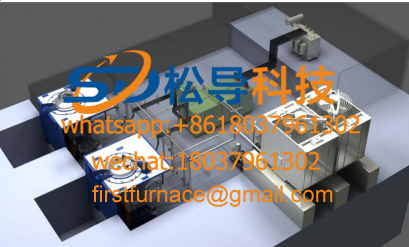
1T One Belt Two Intermediate Frequency F

5T One Belt Two Intermediate Frequency F
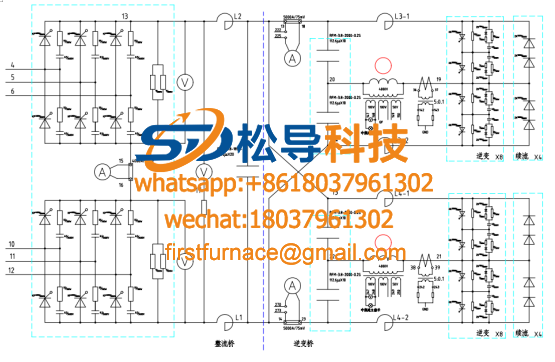
3T One Belt Two Intermediate Frequency F
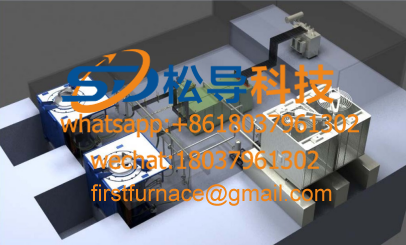
2T One Belt Two Intermediate Frequency F
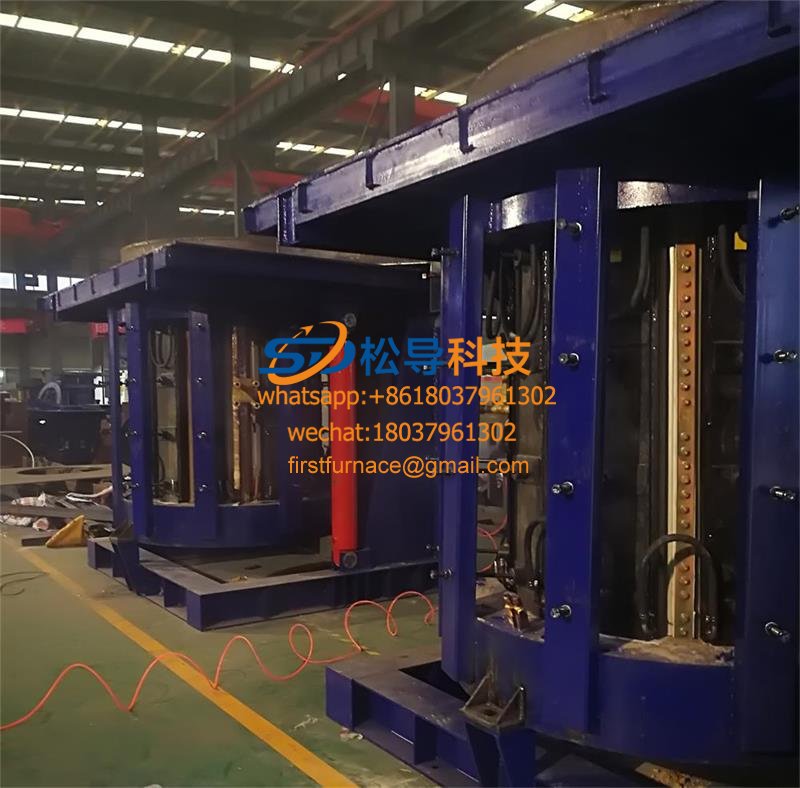
5T Parallel Intermediate Frequency Furna
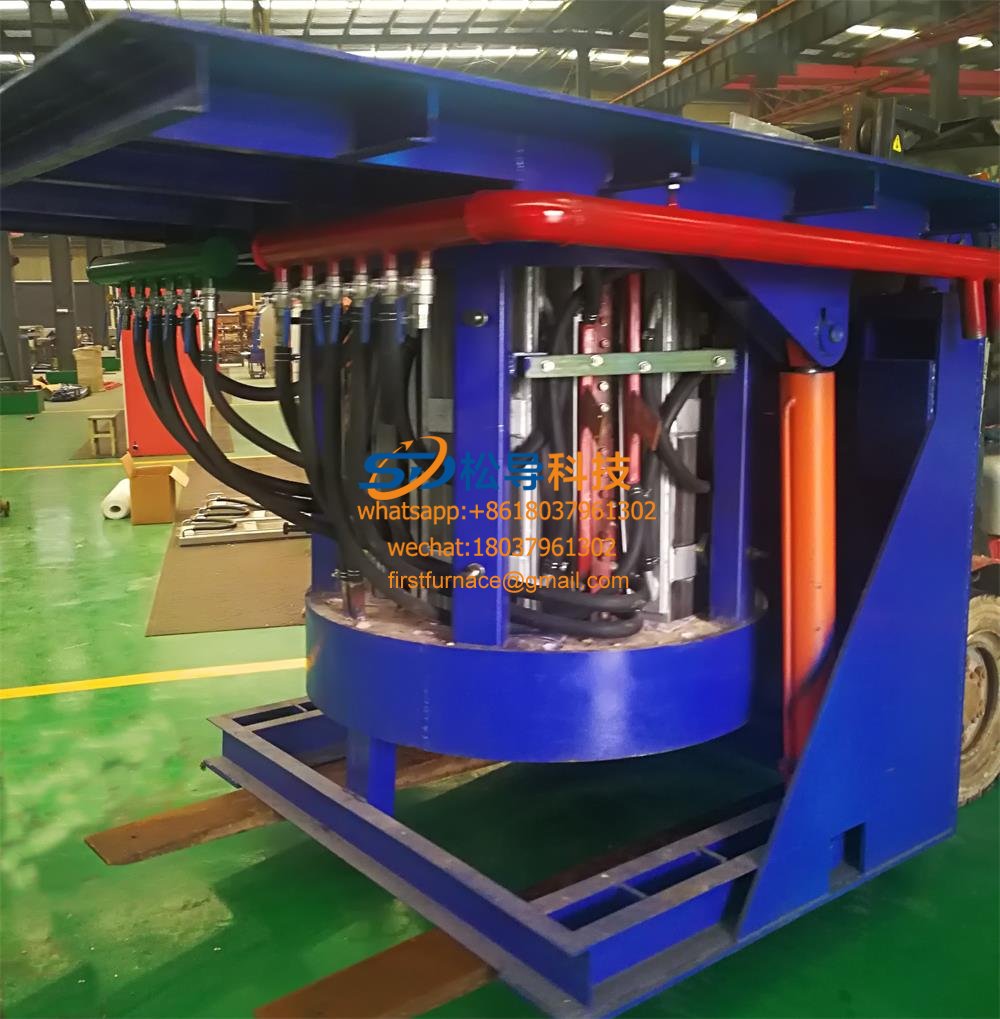
5T Intermediate Frequency Furnace

5T Series Intermediate Frequency Furnace
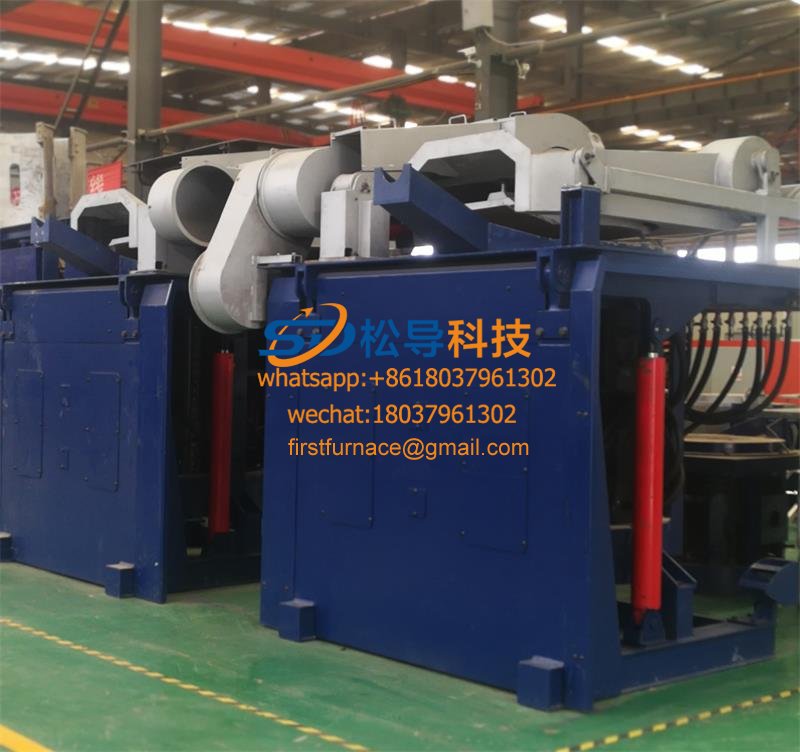
3T Series Intermediate Frequency Furnace
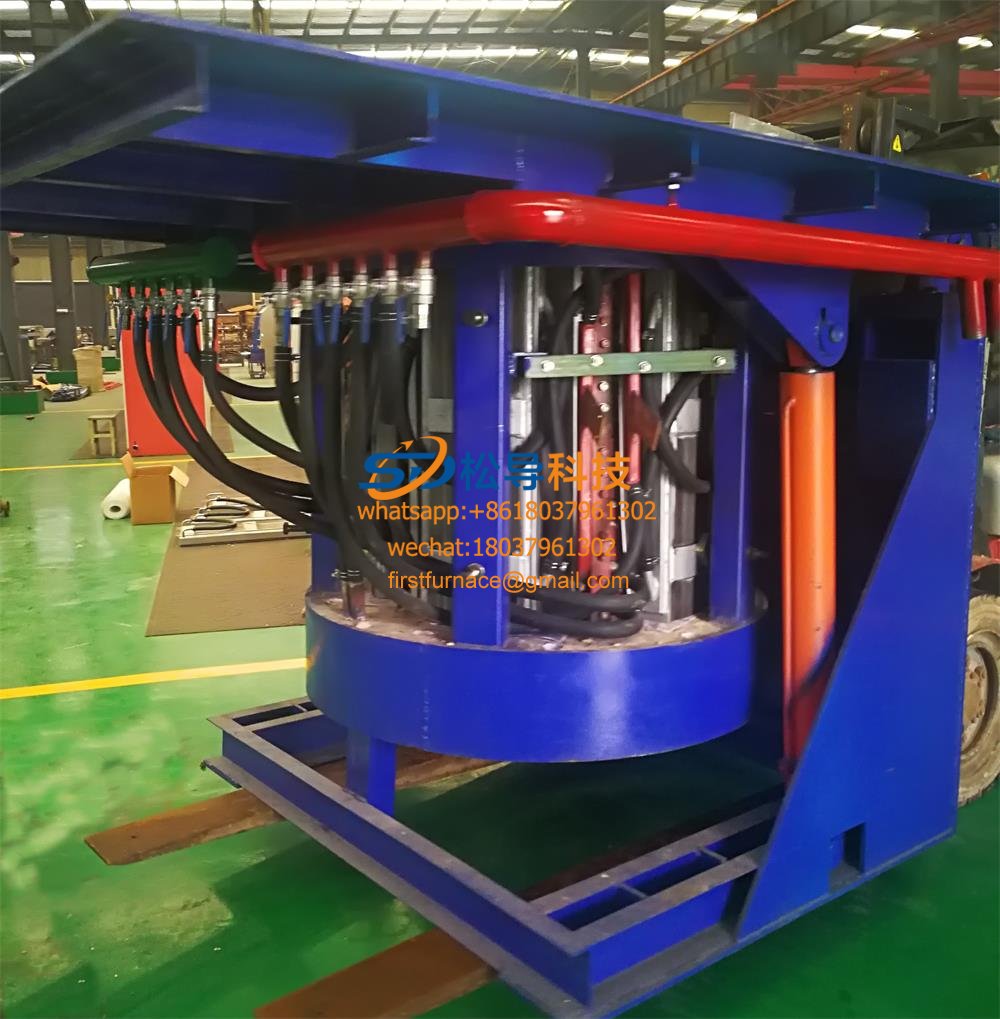
2T Series Intermediate Frequency Furnace
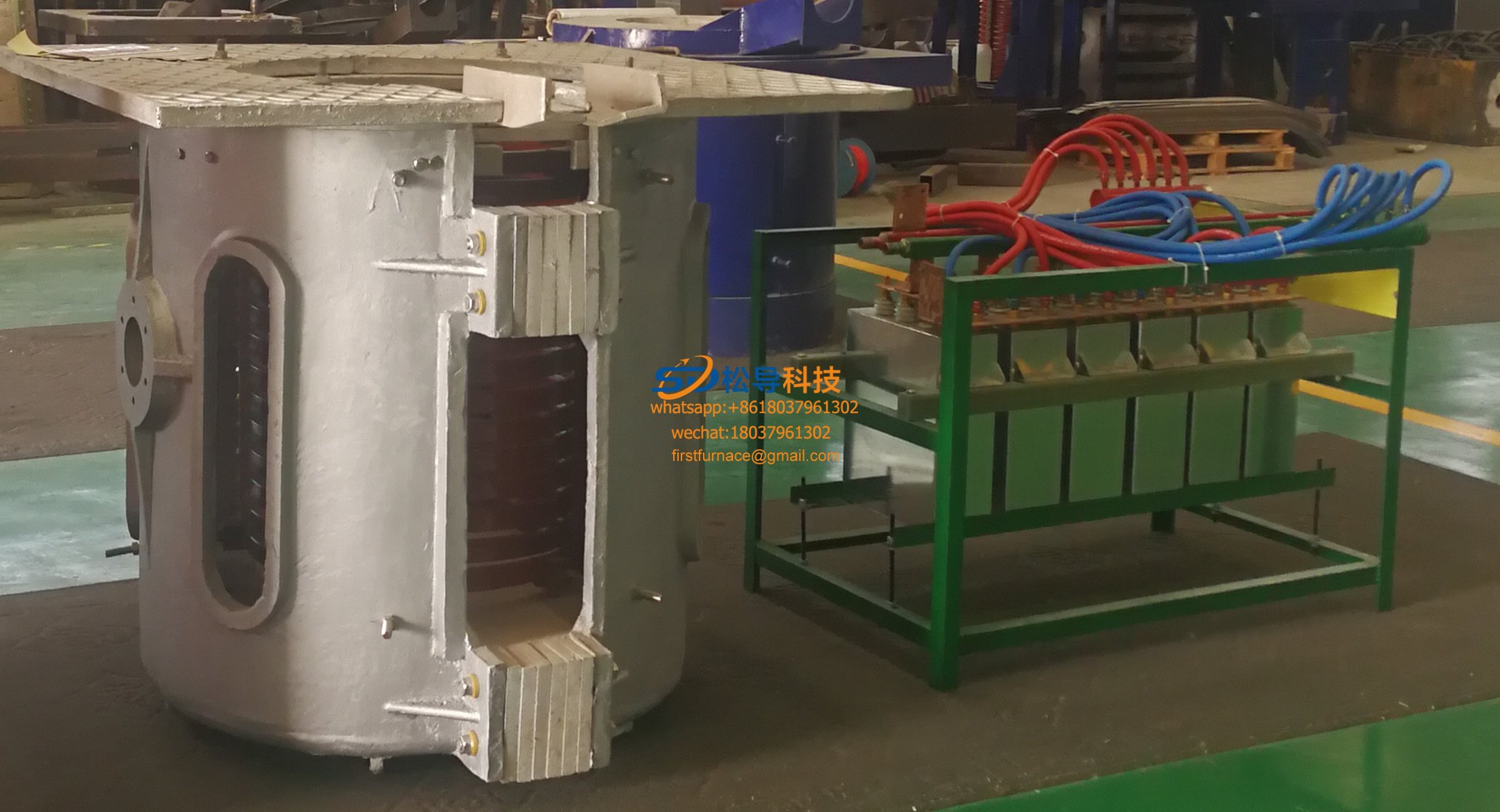
1T Series Intermediate Frequency Furnace
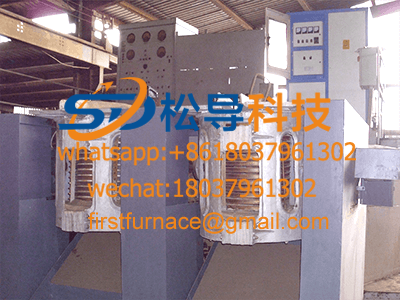
0.5T Series Intermediate Frequency Furna

0.25T Series Intermediate Frequency Furn
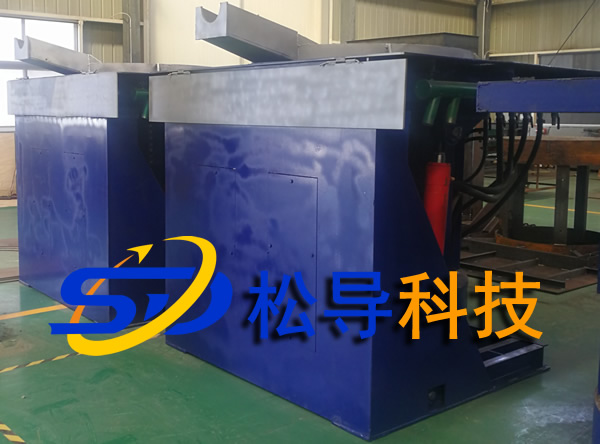
1T Parallel Intermediate Frequency Furna
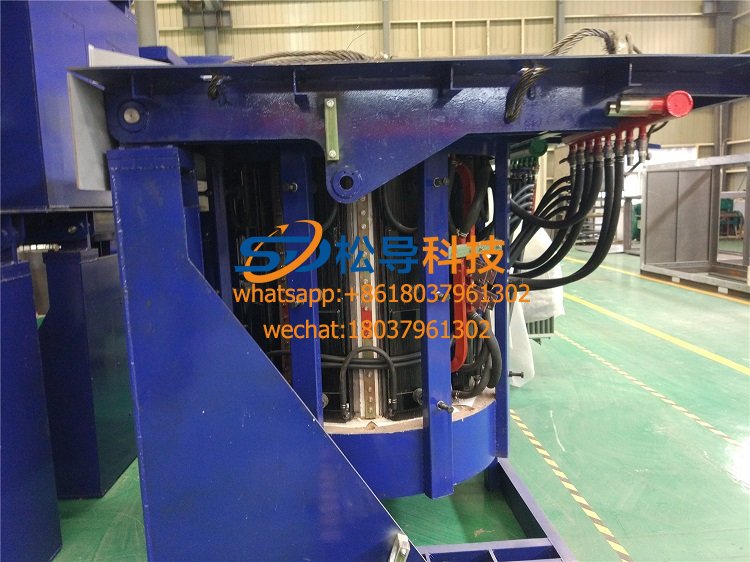
2T Parallel Intermediate Frequency Furna
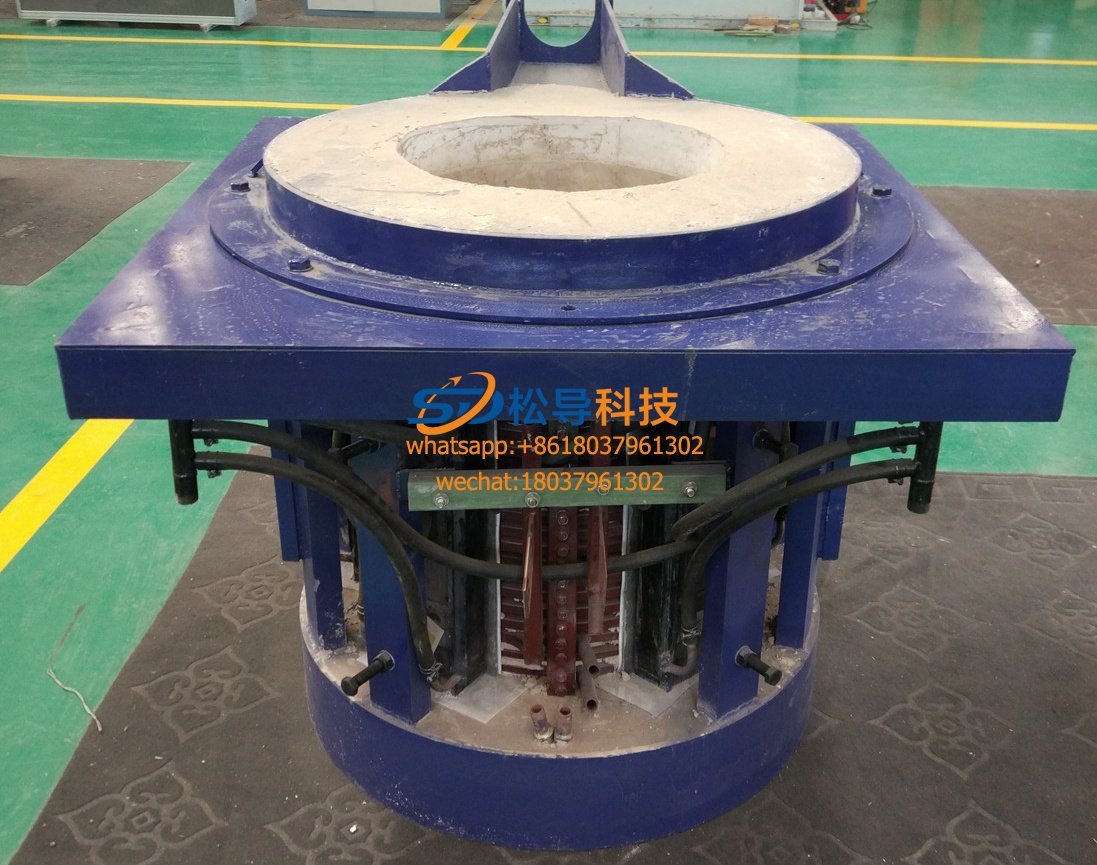
0.5T Parallel Intermediate Frequency Fur






